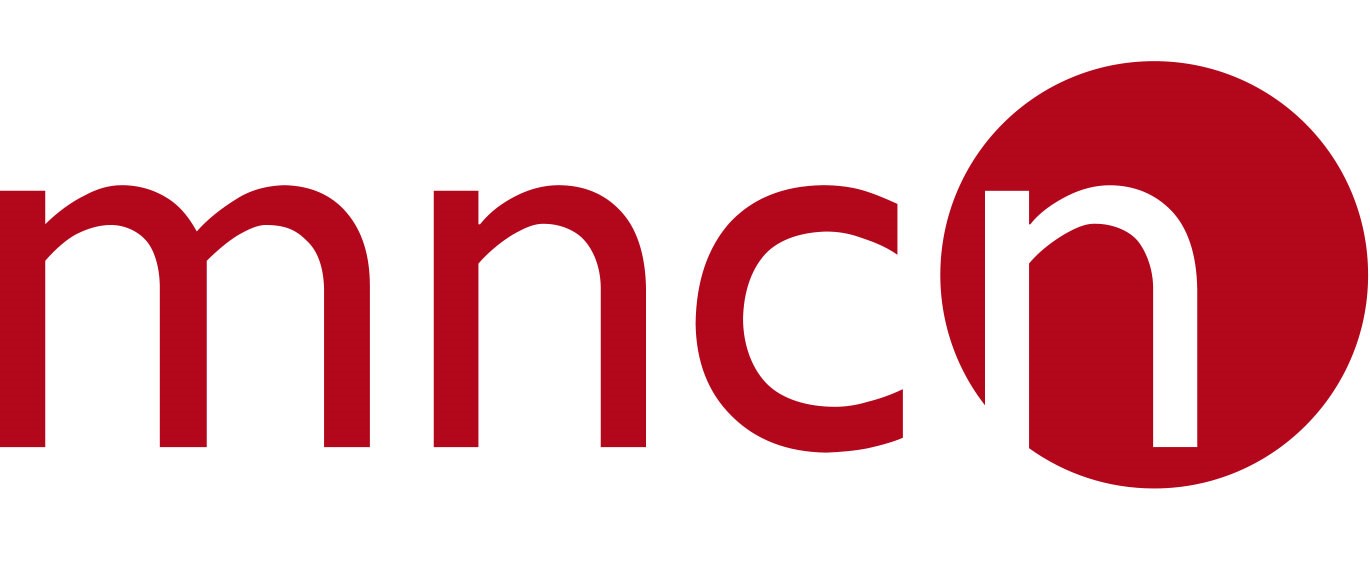Tissues and DNA Biobank
The Tissue and DNA Collection is the largest national biobank of metazoan molecular biodiversity in Spain. It is estimated that it preserves more than 250,000 samples of tissues, nucleic acids and other biomolecules, belonging to more than 8,000 different species of eukaryotes with a higher proportion of fauna, both vertebrates and invertebrates. These resources include from the most common species to those cataloged in risk of extinction.
This repository guarantees both the physical conservation of the samples and their associated information (metadata), including that deposited in genomic databases (e.g., GenBank), the publications in which they have been used, and the ABS permits that have been necessary for their use; guaranteeing its traceability through unique identifiers.
The highest percentage of preserved samples (vouchers) comes from research projects, internal and external to the museum, since the 1980s. It includes type DNA from newly described species and DNAs reflecting parasite-host relationships of human diseases. It also preserves samples coming from the authorities in charge of the environment in the different Autonomous Communities and the central state administration, including judicial deposits related to smuggling or crimes against the protection of biodiversity; as well as from private entities such as zoos and non-governmental organizations (NGOs) for the protection of nature.
Of the set of samples, 170,000 are cataloged and digitized under a biodiversity standard called Darwin Core and their information is accessible through the Global Biodiversity Information Facility (GBIF) portal. It can be accessed through the following links:
https://registros.gbif.es/occurrences/search?q=data_resource_uid%3Adr543&lang=es#tab_recordsView
https://registros.gbif.es/occurrence/search?q=collection_uid%3Aco23&lang=es#tab_mapView
The scientific production that has been generated using samples preserved by this biobank can be seen in Google Academic at: https://scholar.google.es/citations?user=83s6SEoAAAAJ&hl=es&authuser=1
Tissue and DNA samples from the collection can be requested for analysis or re-analysis and research in various scientific disciplines, through the following email: mncn_coladn@mncn.csic.es.
In addition, the collection offers an external service for molecular identification of species, populations, individuals (paternities) and sexing, accessible for R+D+i projects, and to public or private institutions in charge of the conservation of the environment and protection of biodiversity upon request to the Molecular Identification Laboratory: https://www.csic.es/es/investigacion/catalogo-de-servicios-cientifico-tecnico/unidades-de-servicio/laboratorio-de-13
Nagoya Protocol
For samples from Spain
Date of entry into force in Spain: October 12, 2014.
Since the entry into force of the Nagoya Protocol on Access to Genetic Resources and the Fair and Equitable Sharing of the Benefits arising from their utilization to the Convention on Biological Diversity, all users who wish to access after March 15, 2017 to Spanish genetic resources from wild taxa for their use, must request an authorization from the General Subdirectorate for Biodiversity and Natural Environment, Ministry for Ecological Transition https://www.miteco.gob.es/es/biodiversidad/temas/default.aspx
For this purpose “utilization of genetic resources” should only be interpreted in accordance with the definition provided in Article 2 of the Nagoya Protocol, which is, “to conduct research and development on the genetic and/or biochemical composition of genetic resources, including through the application of biotechnology”. For more information, consult the website of the Ministry of Ecological Transition Protocolo de Nagoya (miteco.gob.es)
Spanish legislation provides an exemption if the samples are to be used exclusively for taxonomic purposes. Article 2.3 of Royal Decree 124/2017, of February 24, defines exclusively taxonomic purposes as "the application of principles and methods of identification, delimitation and classification of living beings, and that requires the study of their phylogenetic relationships, as well as of the evolutionary and ecological processes that have generated biodiversity using morphological, physiological, genetic, behavioral and environmental data "
If the access is not for taxonomic studies, all users of in situ and ex situ Spanish genetic resources coming from wild taxa, who intend to use them for non-commercial research purposes must request an Internationally recognized certificate of compliance (IRCC).
The requested and approved IRCCs on samples conserved in the Tissue and DNA Collection can be viewed at Spain | Country Profile | Access and Benefit-Sharing Clearing-House (cbd.int)
In the following link you can access the website of the Ministry of Ecological Transition to solve issues related to "Frequently asked questions regarding the application and authorization to access to Spanish genetic resources from wild taxa" https://www.miteco.gob.es/es/biodiversidad/temas/recursos-geneticos/protocolo-de-nagoya/FAQ_Autorizaciones.aspx/seMITECO/ficha-procedimiento?procedure_suborg_responsable=14
and in the following link you can access the on-line procedure to request for access to Spanish genetic resources for non-commercial use: https://sede.miteco.gob.es/portal/site/seMITECO/ficha-procedimiento?procedure_suborg_responsable=14&procedure_etiqueta_pdu=null&procedure_id=406&by=theme
For samples from outside of Spain
To obtain access to genetic resources from other countries conserved in this biobank, the request of the corresponding IRCC will comply with the legislation in force in each country of origin and will be requested from the competent authorities. Information about current legislation and the competent authorities in the countries of origin can be found at the link: ABSCH | Access and Benefit-Sharing Clearing-House (cbd.int). The collection will study each case and inform the user on the specific procedure.
Collection Staff
Isabel Rey Fraile
mcnrf3g@mncn.csic.es
Tel: 914111328 ext. 443606
Beatriz Alvarez Dorda
balvarez@mncn.csic.es
Tel: 914111328 ext. 443410





